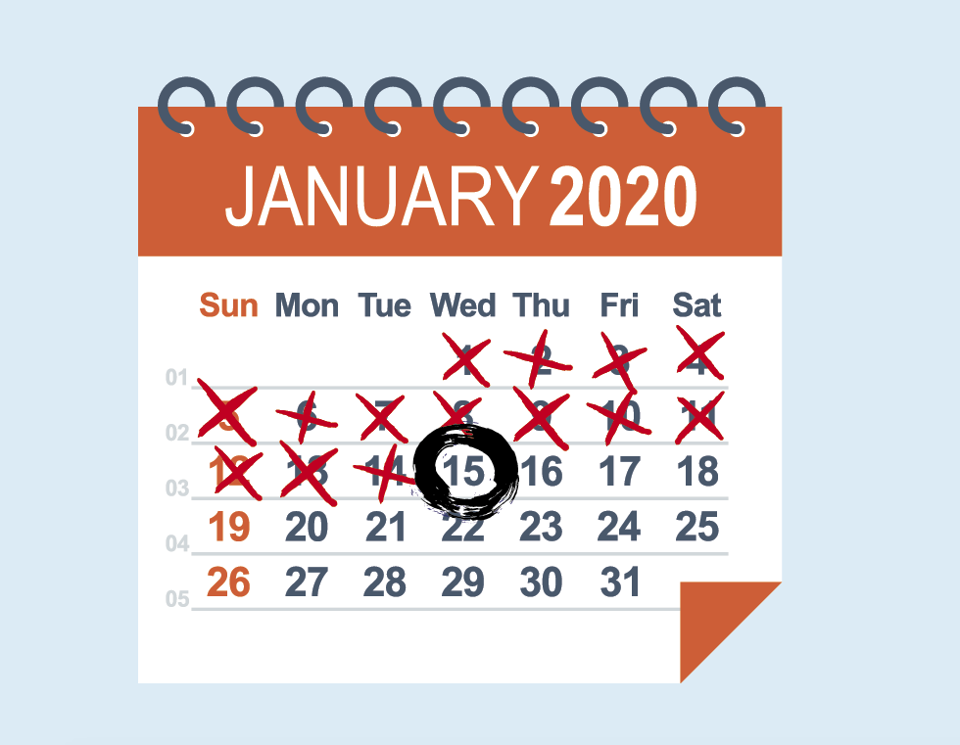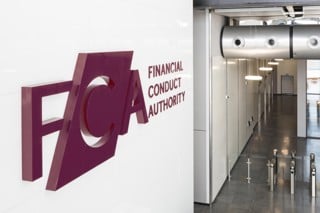Dealers have until January 15 to try to block moves by the Financial Conduct Authority (FCA) designed to ensure that motor retailers tell customers they will be paid by finance houses for selling a motor finance package in the showroom.
The FCA originally considered forcing car dealers to inform customers exactly how they earn commission from selling motor finance, and the amounts involved, but it has decided against it. Although consumers could be affected by the amount of commission involved, the FCA expressed doubt that such detail would change consumers’ behaviour and said they would be unlikely to benefit from explanations of complex commission models.
But the regulator is still planning to make dealers disclose to consumers that they will earn a commission from finance sales. It wants consumers to have “better quality information” that makes them “more likely to engage with what is on offer”.
“We are concerned that consumers are not being provided with the right information about commissions at the right time,” said the FCA.
“This can limit consumers’ ability to make informed decisions and, ultimately, choose the deal that is right for them.”
The regulator said companies are interpreting its current commission disclosure rules inconsistently, and that disclosure is often not early enough in the process to influence a customer’s decision-making.
As a result, the FCA plans to clarify sections 3.7.4G and 4.5.3R of the Consumer Credit Sourcebook (CONC) “to better reflect our intention that customers receive more relevant information about the existence of commission”.
Depending on the outcome of an industry consultation, between now and January, it will mandate that dealers and brokers indicate the existence and nature of commission in their financial promotions, and when making a recommendation if the amount of any commission or fee related to the product varies, and if the nature of the commission may affect the amounts payable by the customer under their credit agreement.
It also wants to require dealers and brokers to disclose “prominently” whether the commission varies depending on the product, lender or other permissible factor. But dealers will not be required to provide each customer with an individually tailored illustration of how commission may affect their payments.
“Clarifying these provisions… should help consumers make better informed decisions, consider alternative options, find a cheaper deal or negotiate on the finance or other costs associated with the deal (e.g. part-exchange values),” said the FCA.
“We consider these proposals are compatible with the FCA’s strategic objective of ensuring that the relevant markets function well.”
The FCA aims to put the new rules into force in the second quarter of 2020 as it publishes its policy statement, including any final rules. These will improve its ability to supervise firms effectively and to enforce compliance, it said.
Compliance consultant David Blake questioned whether the FCA intends to stop the lender from negotiating with a dealer or broker a package of commission in any form: “While it has been mooted that the rate for risk model is not at risk, the commission that may vary on the product is. That’s unless there is justification that the broker has earned it. So in a nutshell, a flat fee per case model is still the only current option.”
The latest update from the FCA follows the publication of its review of motor finance earlier in 2019.
Since the FCA took over regulation of consumer credit, many franchised dealers have changed the way they reward their staff, to provide level incentives across their whole range of regulated products.
Adrian Dally, head of motor finance at the Finance and Leasing Association (FLA), said: “ announcement is good news for the industry and consumers, as it delivers clear rules and a consistent approach to commissions.”
AM-online polled readers this year on whether they felt it was right for the FCA to expect dealers to disclose finance commission. Precisely 54% said it wasn’t.
One dealer told AM: “We provide a service and deserve to get paid for it. Customers can finance elsewhere if the payments are not competitive (including the level of service, too, which can differ). They are not forced into taking our finance and the FCA already exists to oversee fair customer outcomes.”
“If the APR % rate is shown up front and the customer has the time and information to make an informed decision, that should be adequate.”
But some respondents embraced it. “This will help to self-regulate the market and prevent poor customer outcomes,” said one dealer.
Anthea Coulter, regulatory services specialist at Equiniti Hazell Carr, said: “The FCA’s desire is to ensure providers are doing all they can to mitigate any potential consumer harm. While some motor firms have already taken steps, for those that haven’t yet, there isn’t a better time to look at your systems and controls and take proactive steps to address any historical issues.”
Ian Mason, head of financial services at law firm Gowling, said requiring companies to disclose the nature of the commission charged in their marketing and promotional materials is a positive move.
The FCA says its measures are designed to provide more clarity to people buying cars. Yet many buyers do not feel concerned about financing their car purchase at the dealer, according to a recent consumer study by APD Research on behalf of Startline Motor Finance.
Despite a growing variety of sources now being available to consumers for their car funding, including personal contract hire (PCH) from leasing companies and bank loans, most buyers are confident that they are getting the right finance product for their needs at the dealership.
Only one in 10 lacks confidence that the dealer they are buying from will recommend the ideal finance product for their personal needs. Latest research directly counters many of the negative tabloid press headlines of the past 24 months relating to dealers’ sales of motor finance.
“The industry beats itself up a bit about its perceived reputation, particularly around used car sales. We think the industry has seen a lot of change over the last few years and I believe regulation has brought a greater degree of scrutiny of what businesses are doing, technology has helped, and some of the old practices have been driven out,” said Paul Burgess, chief executive of Startline Motor Finance.
“This shows that there appears to be a disparity between how the industry sometimes feels it is perceived and the degree of trust that the consumer shows in the real world. They clearly have a high level of confidence in the advice that they will be offered.”
Asked whether the FCA may require dealers to encourage consumers to shop around from the point of sale, as it has done with GAP insurance, Burgess said this would be a step too far, and many dealers tend to trade with a panel of lenders with fixed APRs to ensure they are giving customers fair outcomes.
A survey by peer-to-peer lender Zopa of 1,000 car buyers recently found that 47% could not identify what car finance deal they had signed up for.






















Login to comment
Comments
No comments have been made yet.